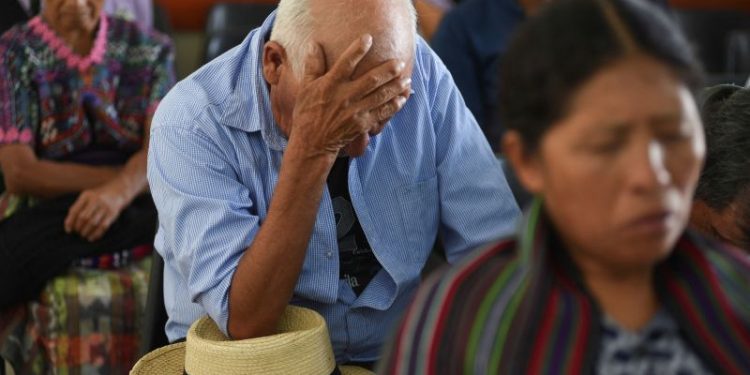The reopening of the massive genocide trial in Guatemala, four decades after the indigenous slaughter, has brought to light the deep wounds that still haunt the nation. The trial, which seeks to hold accountable those responsible for the brutal killings and atrocities committed against indigenous communities during the country’s civil war, represents a crucial step towards seeking justice and reconciliation for the victims and their families.
The trial has reopened old wounds that have long been suppressed or ignored by many in Guatemala. For the survivors and descendants of the indigenous communities who suffered during the civil war, the trial serves as a painful reminder of the trauma and loss that they have endured. It also brings hope that those responsible for the atrocities will finally be held accountable for their actions.
The genocide trial is not just about seeking justice for the past; it is also about addressing the ongoing legacy of violence and discrimination that continues to affect indigenous communities in Guatemala today. By confronting the atrocities of the past, the trial has the potential to bring attention to the systemic issues facing indigenous populations, including land rights, access to resources, and discrimination in the legal system.
The trial has also reignited debates about Guatemala’s history and the role of the state in perpetrating violence against its own citizens. The testimonies and evidence presented in court have shed light on the extent of the atrocities committed during the civil war, challenging the official narrative that has long sought to downplay or deny the scale of the violence.
While the trial represents a significant step towards justice and accountability, it also faces challenges and obstacles that threaten its success. Political interference, intimidation of witnesses, and a lack of resources and support for the prosecution are just some of the factors that could derail efforts to bring perpetrators to justice.
Ultimately, the genocide trial in Guatemala serves as a stark reminder of the need to confront the past in order to build a more just and inclusive future. By holding those responsible for the atrocities of the past to account, the trial has the potential to help heal the wounds of the past and pave the way for a more equitable society where all citizens can live in peace and dignity.

















